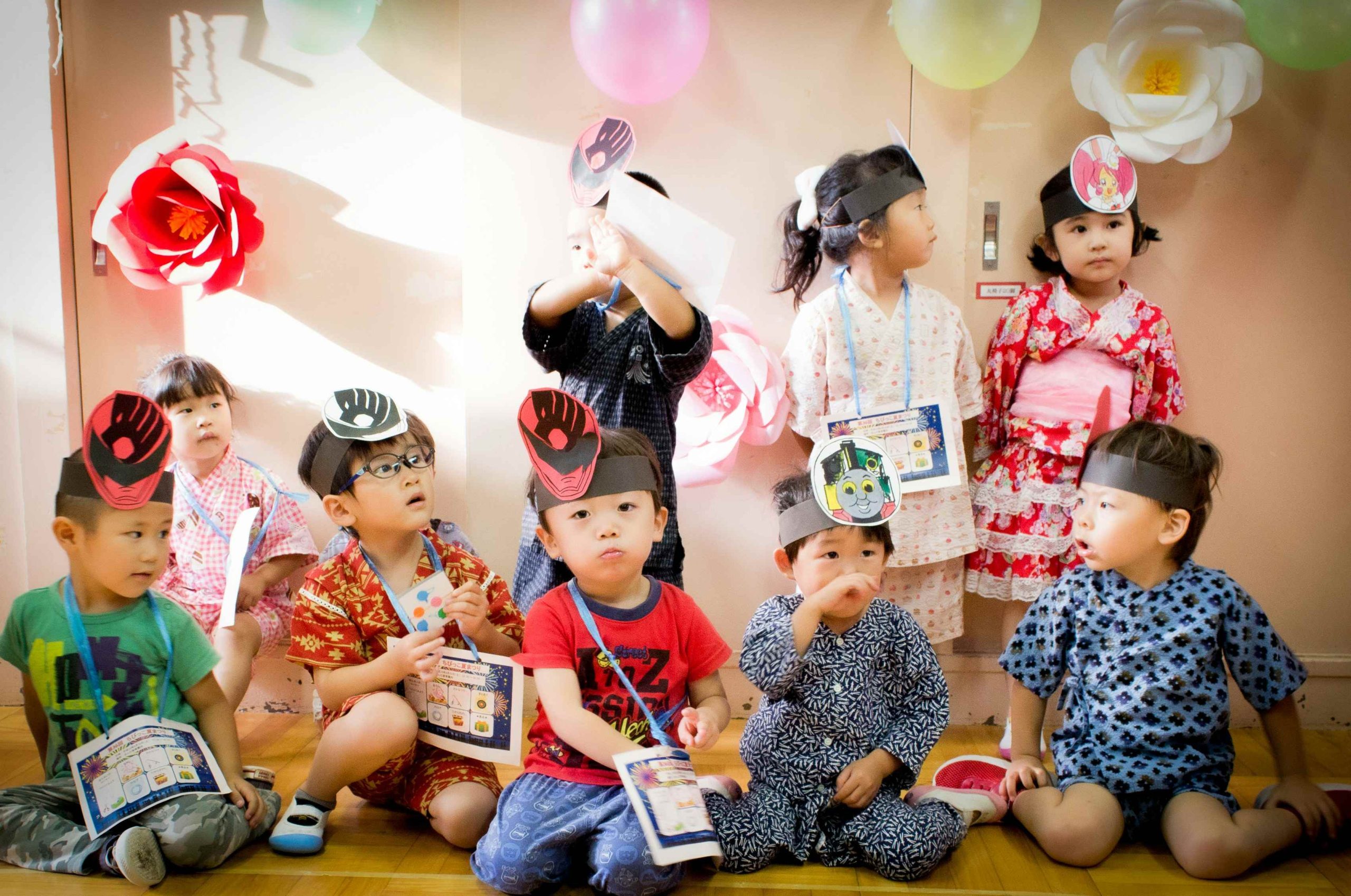
The Benefits of Attending Preschool: How it Affects Physical and Mental Growth in Preschoolers
Introduction
Parents may debate whether enrolling their kids in preschool is worthwhile, but research shows it positively impacts physical and mental development, laying the groundwork for future success.
Sub-article 1: Physical Growth
Preschool offers opportunities for physical activities like running, jumping, and climbing, enhancing gross motor skills. Access to toys and equipment aids fine motor skills. Studies indicate attending preschool correlates with better balance, hand-eye coordination, and overall physical fitness. Social interactions during physical activities also support cognitive and emotional growth.
Why Preschool Matters
Preschoolers are better prepared for kindergarten and develop positive habits and behaviors in structured environments. Educators tailor age-appropriate activities to promote physical, cognitive, and emotional growth, fostering a supportive and secure atmosphere for learning.
Conclusion
Preschool significantly influences a child’s physical and mental development, providing numerous advantages. Parents should consider these benefits to give their children the best start in life, supporting their intellectual, social, and emotional development. Preschool shapes the future of education.
Choosing the Right Preschool
- Curriculum: Ensure the curriculum aligns with your child’s needs, focusing on physical, cognitive, and emotional development.
- Teacher Qualifications: Verify teachers are qualified and experienced in early childhood education, creating a safe and nurturing environment.
- Facilities and Resources: Assess facilities and resources to support learning and development in various areas.
- Parent Involvement: Look for opportunities for parent involvement in education and regular updates on progress.
- Safety Measures: Confirm safety measures are in place to ensure your child’s well-being.
Tips for Preparing Your Child for Preschool
- Talk to Your Child: Discuss preschool routines and activities to ease their transition.
- Read Books about Preschool: Introduce books about preschool to spark excitement.
- Visit the Preschool: Familiarize your child with the environment before their first day.
- Practice Separation: Gradually introduce short periods away from you to acclimate your child.
- Establish a Routine: Set a consistent routine to help your child adjust to preschool schedules.
The Future of Preschool Education
Preschool education’s benefits are well-documented, with increasing recognition of its importance. Advances in technology and teaching methods offer innovative approaches to learning, ensuring preschoolers receive quality education for future success.
Addressing the Challenges of Preschool Education
- Accessibility: Overcome barriers to access high-quality preschool education.
- Teacher Shortages: Address shortages through training and support for educators.
- Funding: Increase funding to provide adequate resources for preschools.
- Inequality: Promote equity in preschool education for all children.
- Standardization: Establish consistent standards to evaluate preschool programs effectively.
The Role of Parents in Supporting Preschool Education
- Communicate with Teachers: Stay involved and informed about your child’s progress.
- Read with Your Child: Foster literacy and cognitive development through reading.
- Engage in Activities: Participate in school activities to support your child’s education.
- Establish a Routine: Create a consistent routine to facilitate your child’s adjustment to preschool.
- Foster a Love of Learning: Encourage curiosity and exploration to instill a lifelong love of learning.
Preschool education is crucial for physical and mental growth, laying the foundation for lifelong success. By addressing challenges and involving parents, we can ensure all preschoolers receive quality education for a brighter future.


